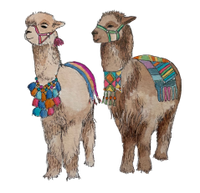Muzungu Sisters was established in 2011 by Tatiana Santo Domingo and Dana Alikhani. The name “Muzungu” originated from the Swahili word for “traveler” or “wanderer,” reflecting a spirit of sisterhood and tying this with their mission to connect global artisans with a broader audience.

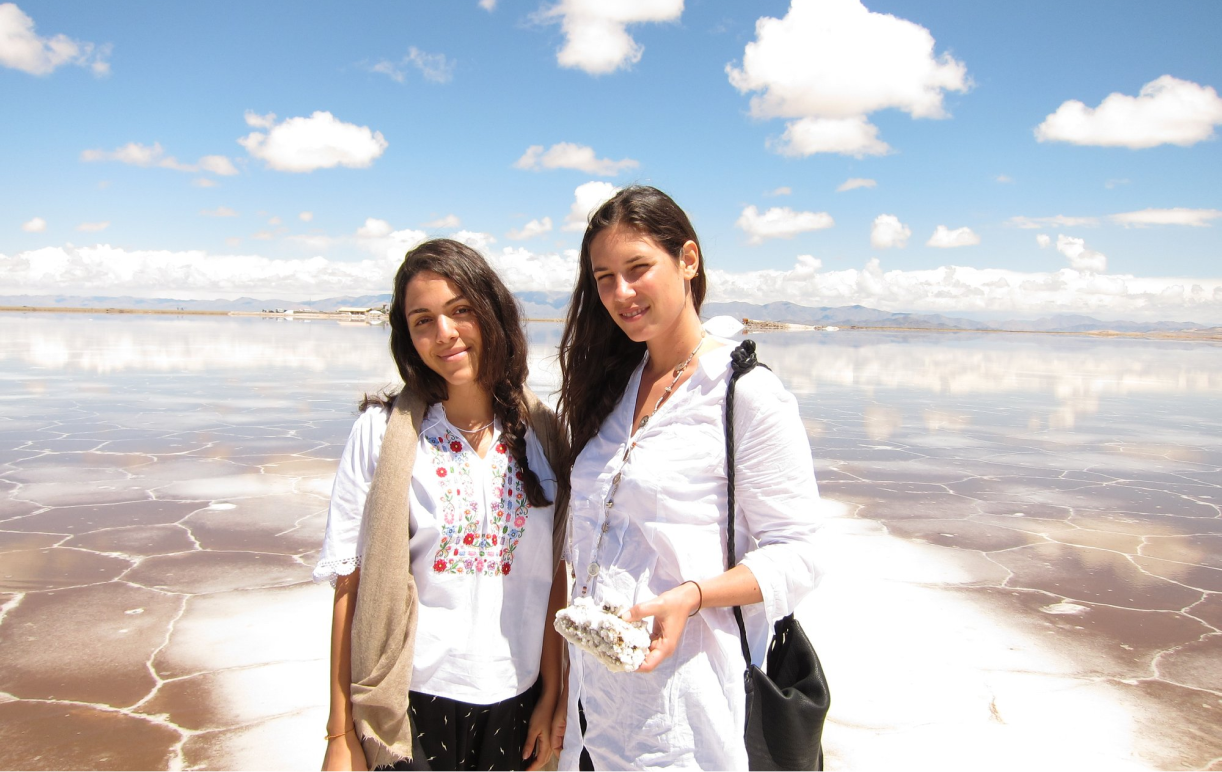

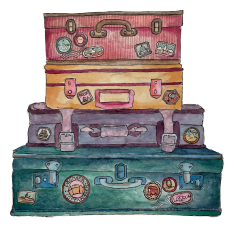
Dana Alikhani was born and raised in Cyprus. Dana is Iranian and has a strong connection to her culture. At 17, she moved to London to study Social Anthropology at SOAS; after graduation she obtained a Masters Degree from Columbia University in Human Rights. She focused her attention on ethical labour practices, an interest that eventually led her to the founding of Muzungu Sisters.
Before launching the company in 2011, Dana held positions at the United Nations High Commission for Refugees (UNHCR), Human Rights Watch in New York, and worked as a Middle East political analyst in London.
She lives with her husband and three children.

Of Brazilian-Colombian origin, Tatiana Santo Domingo was born in New York and raised in Switzerland and France.
Tatiana attended the American University in London, where she studied photography and visual communications.
Throughout her career, Tatiana worked with AEFFE in New York, art director and founder of GB65 Giovanni Bianco, and at Vanity Fair, Tatiana has developed a renowned fashion sensibility, which she now uses to curate the Muzungu Sisters selections.
She lives with her husband, three children and two dogs.


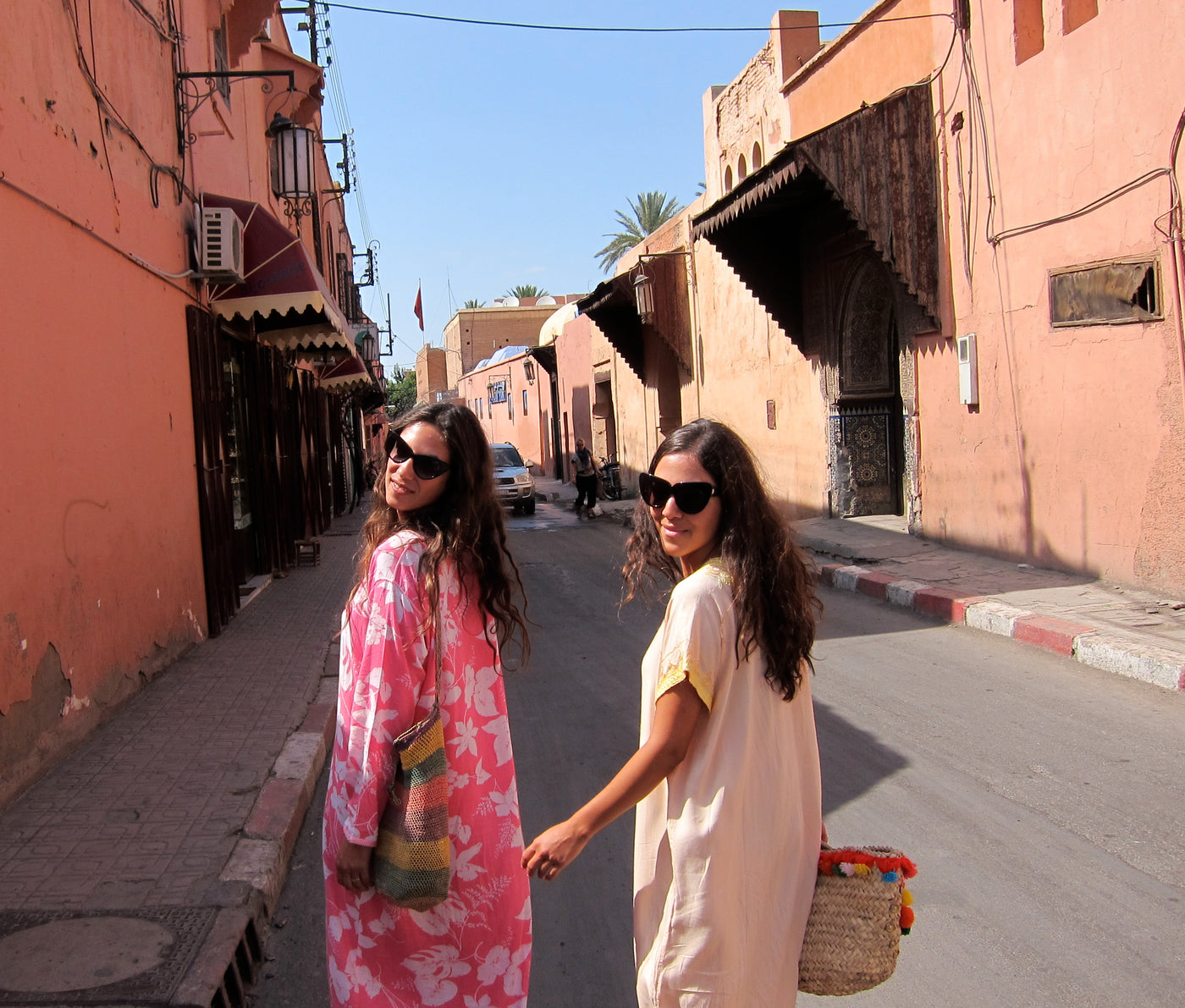


Muzungu Sisters pieces are timeless heirlooms that are designed to be kept for generations. We have held this conviction since day one, and we have never forgotten it. We have traveled across the world to find the most unusual, beautiful, sustainable, fabrics; the best embroiderers, weavers, and ateliers. Our items never go out of style, and are designed to be worn year after year.
Muzungu Sisters continues to value and champion hand-embroidery, which is sadly a dying art due to the increase in popularity of machine-embroidery.
Muzungu Sisters pieces are ethically handmade, handwoven and hand-embroidered only in small ateliers, fully certified ethical production facilities exceeding ILO (International Labour Organisation) standards, or cottage industries of women working from home to sustain their livelihoods while looking after their families.



Our producers are varied: some are individuals who are taught their craft as a means of empowerment or income; other represent entire families of artisans who have inherited their skills from previous generations.
All of the artisans we work with are directly paid a living wage for the goods they produce for us.

Muzungu Sisters pieces are ethically handmade, handwoven and hand-embroidered only in small ateliers, fully certified ethical production facilities exceeding ILO (International Labour Organisation) standards, or cottage industries of women working from home to sustain their livelihoods while looking after their families.
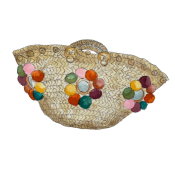

By exposing their products to an international audience and new markets, we are able to guarantee that the artisans sustain their personal and communal livelihoods in a manner that respects their own cultural practices. While all our producers may not have fair-trade certification, our close ties with the craftsmen allow us to ensure that fair labour practices are sustained throughout the supply chain.
